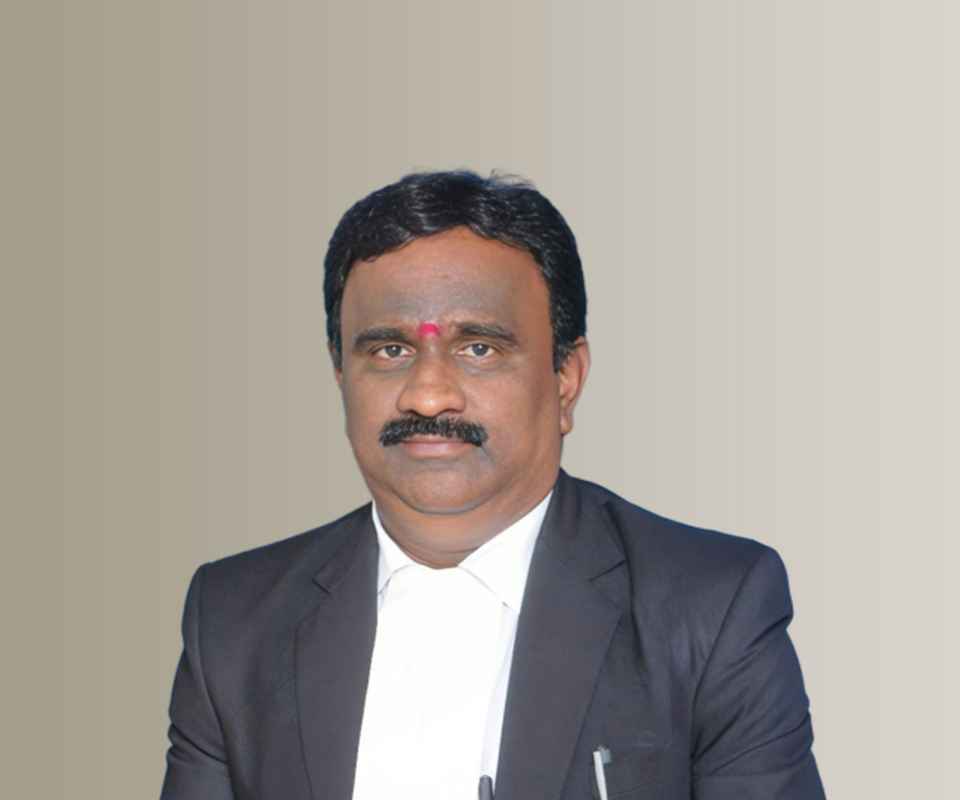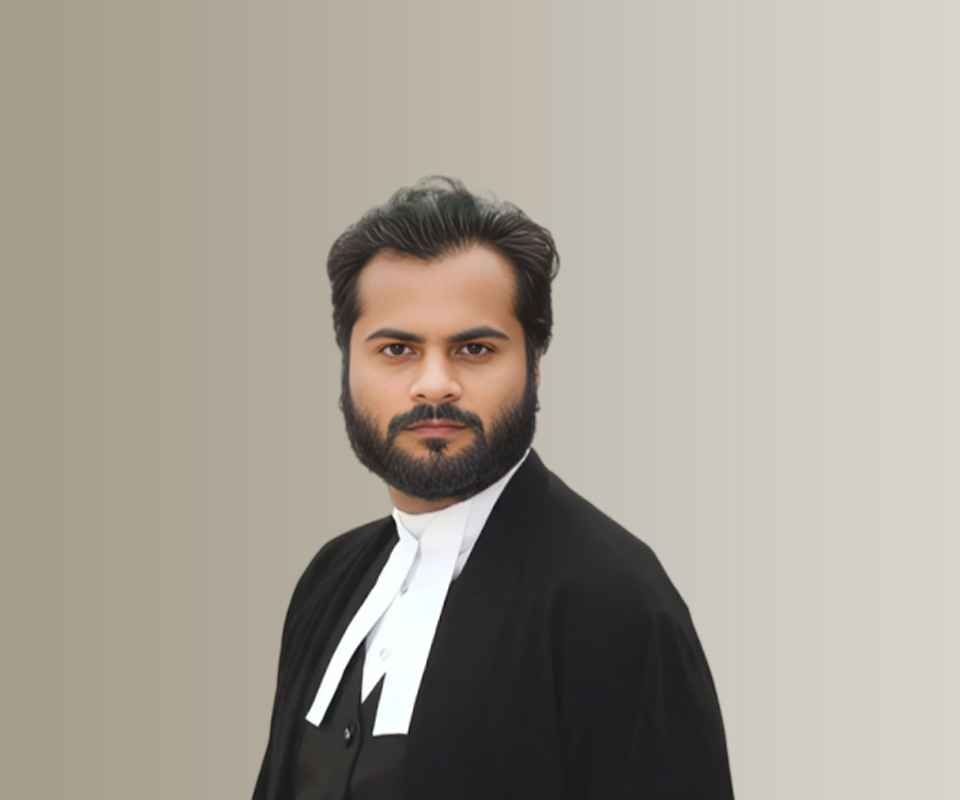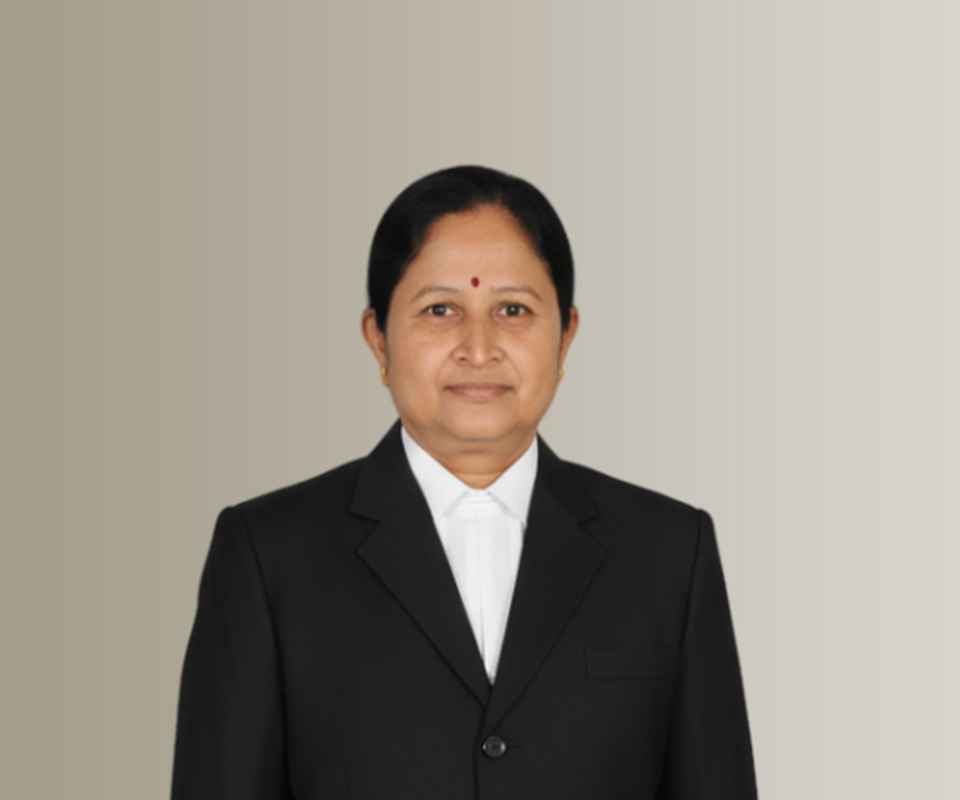Answer By law4u team
How Can Foreign Creditors Recover Debts in India? Foreign creditors can recover debts from Indian businesses or individuals through legal and arbitration mechanisms, depending on the nature of the debt. The recovery process may involve civil suits, arbitration, insolvency proceedings, or diplomatic channels. Methods of Debt Recovery for Foreign Creditors 1. Negotiation & Settlement - Before initiating legal action, foreign creditors often attempt out-of-court settlements with the debtor in India. - Mediation or negotiation can be conducted through legal representatives. 2. Filing a Civil Suit for Recovery - Under the Civil Procedure Code (CPC), 1908, foreign creditors can file a money recovery suit in an Indian court. - Jurisdiction depends on the debtor’s location or the place where the contract was executed. - A summary suit under Order XXXVII of the CPC allows for a faster recovery process if the debt is based on written contracts, bills of exchange, or promissory notes. 3. Enforcing Foreign Judgments in India - If a foreign creditor has obtained a court decree from a reciprocating country, it can be enforced in India under Section 44A of the CPC, 1908. - India recognizes judgments from reciprocating territories (e.g., UK, UAE, Singapore). - If the country is not reciprocating, a fresh suit must be filed in an Indian court based on the foreign judgment. 4. Arbitration Proceedings - If the contract contains an arbitration clause, foreign creditors can initiate arbitration under the Arbitration and Conciliation Act, 1996. - Foreign arbitration awards can be enforced under the New York Convention if the creditor's country is a signatory. 5. Proceedings Under Insolvency & Bankruptcy Code (IBC), 2016 - If the Indian debtor is a company, foreign creditors can initiate corporate insolvency resolution proceedings (CIRP) under the IBC, 2016. - Foreign creditors are recognized as financial or operational creditors under the law. - A petition must be filed before the National Company Law Tribunal (NCLT) for debt recovery. 6. Debt Recovery Through Debt Recovery Tribunals (DRTs) - If the debt exceeds ₹20 lakh, a foreign creditor can approach the Debt Recovery Tribunal (DRT) under the Recovery of Debts and Bankruptcy Act, 1993. - This is an expedited process for financial institutions and banks. 7. Criminal Action for Fraudulent Non-Payment - If the debtor has committed fraud, a complaint can be filed under: - Section 420 IPC (Cheating) – Punishable with up to 7 years imprisonment. - Section 406 IPC (Criminal Breach of Trust). - Criminal cases can be used as pressure tactics but are not direct recovery mechanisms. 8. Diplomatic & Commercial Channels - Foreign creditors may seek assistance from their country’s embassy or trade organizations to intervene in large-scale disputes. - International trade agreements and treaties can also provide recourse in some cases. Challenges in Debt Recovery for Foreign Creditors - Jurisdiction Issues – Indian courts may refuse to enforce foreign judgments from non-reciprocating countries. - Delays in Legal Proceedings – Indian courts may take years to resolve civil recovery suits. - Debtor's Insolvency – If the debtor is bankrupt, recovery may be difficult. - Exchange Control Regulations – RBI and FEMA regulations may restrict certain payments to foreign creditors.









